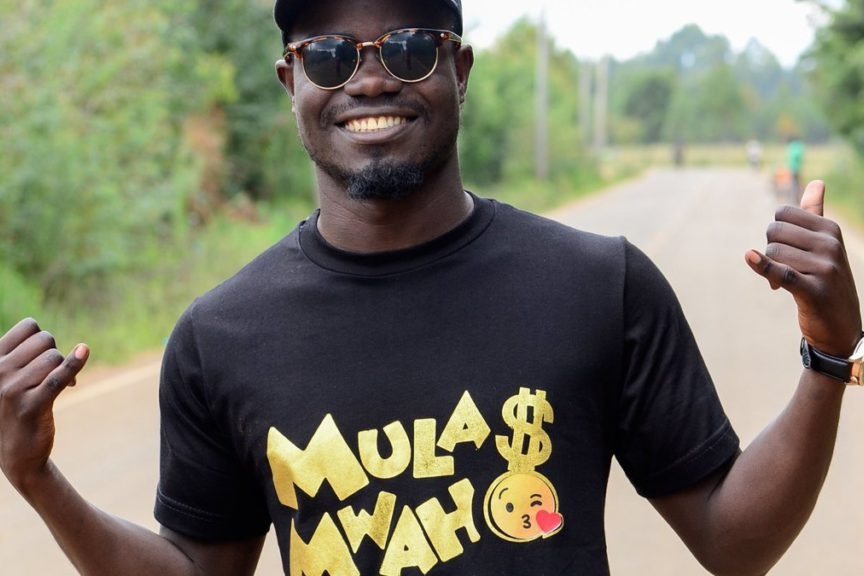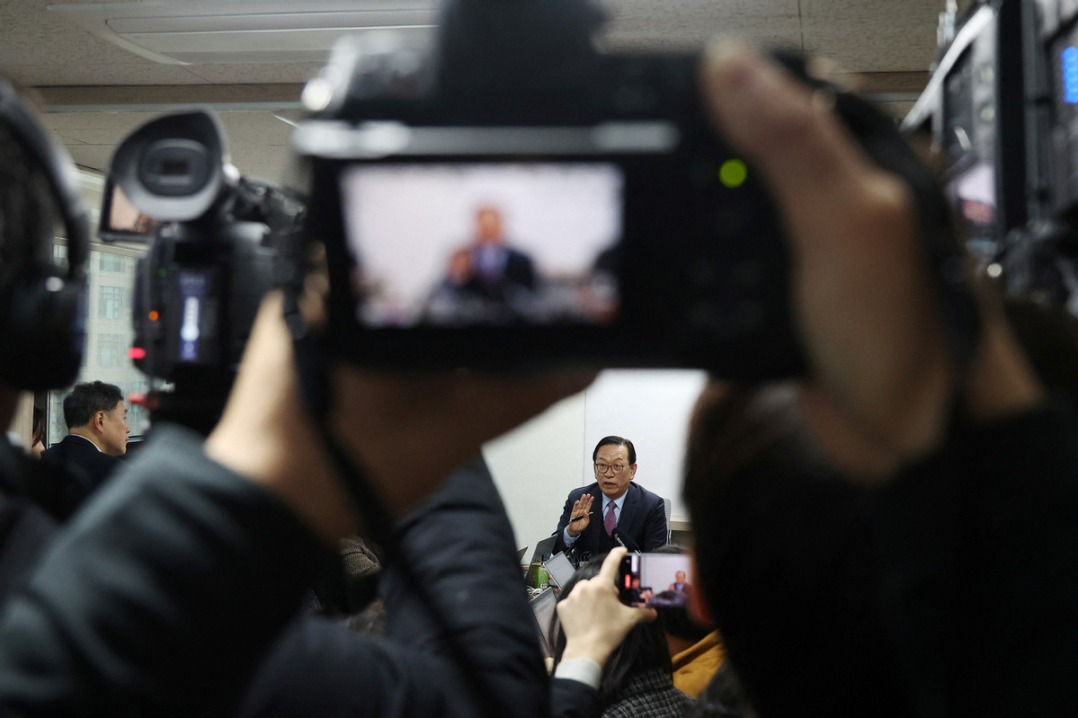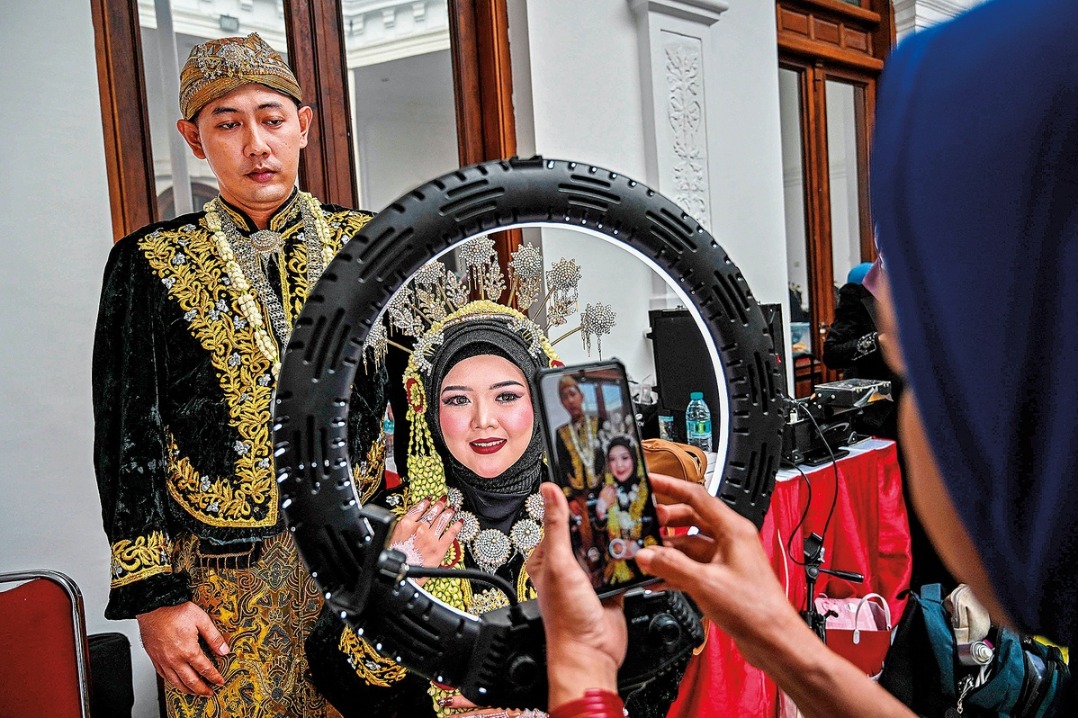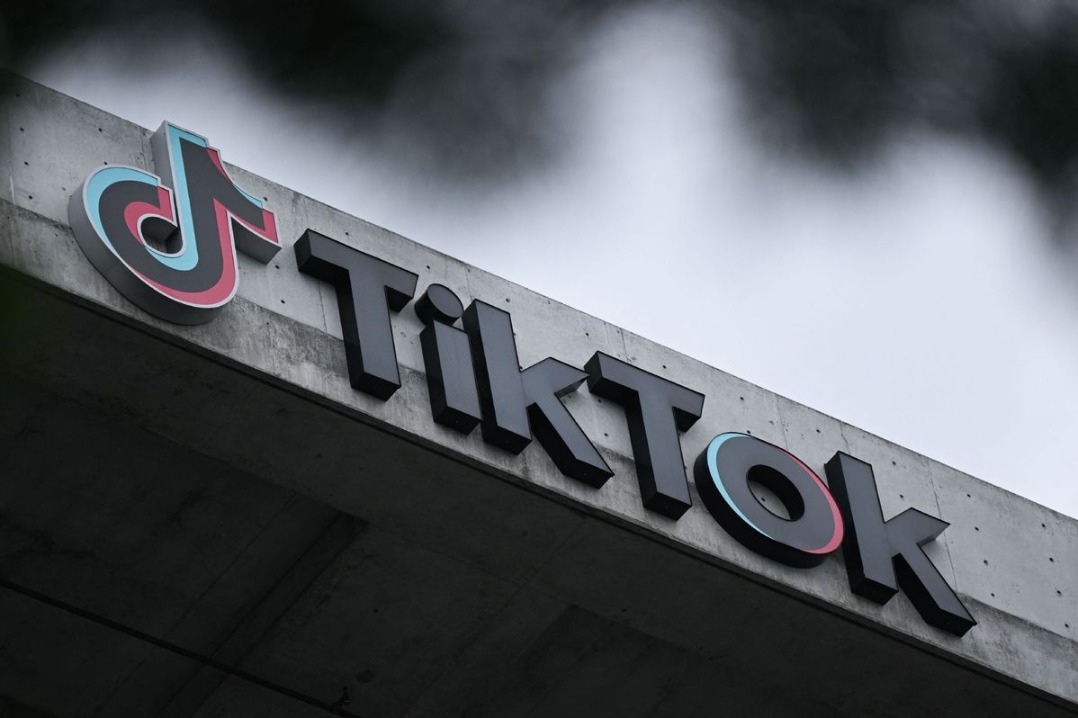US Supreme Court to hear TikTok's challenge to potential ban


The US Supreme Court announced on Wednesday it will consider TikTok's challenge to legislation that could force the popular social media platform to be sold to a US company by Jan 19 or face a nationwide ban.
The announcement came two days after TikTok filed the petition to the nation's highest court. At the center of the challenge is the legislation called the Protecting Americans from Foreign Adversary Controlled Applications Act.
Passed by Congress and signed into law by President Joe Biden in April, the act requires that TikTok's Chinese parent company, ByteDance, divest its ownership within 270 days or face a ban in the US market, where the platform has 170 million users.
The law would prohibit the TikTok app on both Google's and Apple's app stores and require web-hosting services to stop supporting the platform or face substantial financial consequences.
TikTok has insisted that the Justice Department's allegations are unfounded. The company has denied accusations of sharing user data with Chinese authorities or serving as a conduit for Chinese propaganda.
"The bigger issue here is that social media platforms are manipulating users and abusing personal information", and all of them are doing it no matter where they are from, said Ker Gibbs, an executive in residence with the China Business Studies Initiative at the University of San Francisco. "All the focus is on China, but Congress really should be looking at all the platforms that Americans are using," he told China Daily.
"There's a political case to make because so many small businesses are making money on TikTok, and they will be sorry to see it banned from the US," Gibbs said.
In May, TikTok sued the US government to block the controversial law. The US Court of Appeals for the District of Columbia Circuit upheld the law earlier this month, finding the government's national security arguments were legitimate.
In the lower court's ruling on Dec 6, which deemed the law an appropriate response to perceived national security threats, Judge Douglas Ginsburg wrote, "The First Amendment exists to protect free speech in the United States. Here the Government acted solely to protect that freedom from a foreign adversary nation and to limit that adversary's ability to gather data on people in the United States."
In response to the ruling, TikTok said in a statement that the law "was conceived and pushed through based upon inaccurate, flawed and hypothetical information, resulting in outright censorship of the American people".
"The TikTok ban, unless stopped, will silence the voices of over 170 million Americans here in the US and around the world on Jan 19, 2025," the company said.
The platform's legal challenge has garnered significant support from several civil rights organizations. A coalition including the American Civil Liberties Union (ACLU), the Electronic Frontier Foundation (EFF), and the Knight First Amendment Institute at Columbia University filed an amicus brief on Tuesday, urging the Supreme Court to block the enforcement of the law.
Those organizations' representatives have voiced strong concerns about the constitutional implications of the potential ban.
Patrick Toomey of the ACLU's National Security Project called the law "mass censorship" and stressed that the US Constitution "imposes an extraordinarily high bar" on such censorship.
"The government should not be able to restrict speech, especially to the extent here, based on guessing about the mere possibility of uncertain future harm," said David Greene, civil liberties director at EFF, in a statement.
The brief particularly criticized what it called the government's failure to demonstrate imminent harm or explore less restrictive alternatives to address its security concerns. It also said the lower court failed to "hold the government to its burden".
The potential international ramifications of the case have drawn attention from experts.
John Wihbey, an associate professor of media innovation and technology at Northeastern University, warned about negative consequences for American companies operating abroad, expressing concern about establishing a problematic global precedent.
"My overall take is that there are going to be second- and third-order consequences from this we can't fully anticipate," he told the university's news outlet Northeastern Global News on Dec. 6. "I think that's going to be really unfortunate," he added. "I'm worried about the precedent of it as a cascading norm around the world."
The law is set to take effect the day before the presidential inauguration on Jan 20. President-elect Donald Trump attempted to ban TikTok but failed in 2020 during his first term. He changed his stance by pledging to "save TikTok" during his campaign. Trump expressed having "a warm spot" for TikTok at a news conference on Monday. Then he met with TikTok CEO Shou Zi Chew at Trump's Mar-a-Lago club in Florida.
The Supreme Court will hear oral arguments on Jan 10 from TikTok and government attorneys and representatives of app users challenging the ban.
The court's swift acceptance of the case signals its recognition of the case's importance. As the final stop for a court case, the Supreme Court typically selects cases involving crucial constitutional questions or those that affect the entire nation.
The high court agrees to hear only about 80 cases each year from 7,000 to 8,000 petitions it receives, and it rules on only 1 percent of requests, according to The Pew Charitable Trusts.
liazhu@chinadailyusa.com































